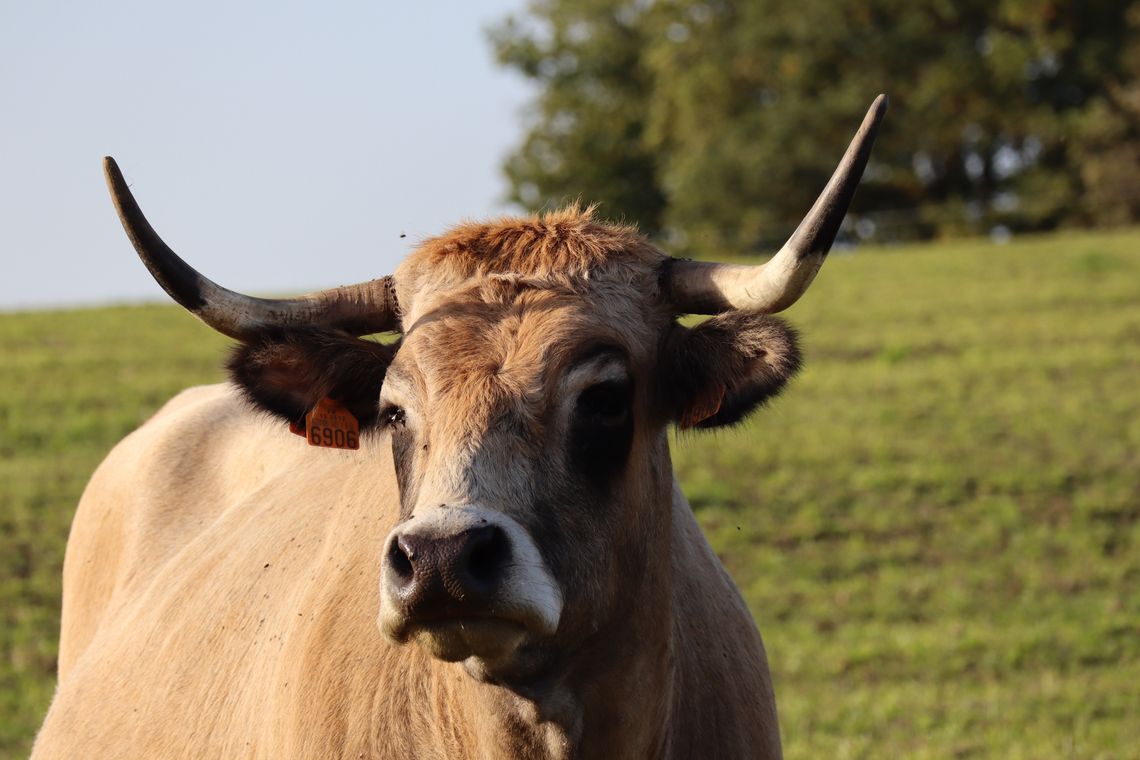By Guest Columnist Mary Jane Boutwell
A quick conversation for last month. The lady that worked for Maw cleaning house or whatever was paid $1, not $11. While talking with a friend who did fieldwork a few years later, he said he and the other field hands got their dollar a day. Wages had gone up.
One of the things discussed as part of the history days at the Old Jail was a method of planting vegetables called Three Sisters. It is understood that it was used by Indians, perhaps along with the fish, fertilized, to grow their garden. The planting consisted of corn, peas or beans, and pumpkins. The corn gives an upright for the peas to climb as they furnish nitrogen for growth, and pumpkins shade (living mulch) for the ground.
When talking with a friend, he said his mother wanted some fresh-picked last of the season peas. He volunteered to try to find some to pick. The peas had been planted in the cornfield after “lay bye” so they could run up the cornstalk. This late, the cattle had been turned into the cornfield to clean up any corn or peas not harvested. So, with a 5-gallon bucket, out he goes. He managed to get a good many picked. But, hearing something, he turned around and saw a young former pet gently pawing the ground while looking at the basket of peas. A prompt decision–the bull got the peas, my friend got away.
After the bull finished the peas, the bucket was retrieved and, up away from the bull, my friend finished picking peas for his mother.
For others that read the term “lay bye” but, like I, could not give a definition, I asked. The former farmer said that is when the crop has been planted, come up, fertilized, and as much grass and weeds as possible removed. On corn, I think of it as, after the back plowing has thrown dirt around, the cornstalk has laid by. The crop is allowed to mature without more disturbance. In a group sitting around, we were talking about hummingbirds and their feeders. One lady told me that her granddaughter would watch the birds coming to the feeder and catch one with her hand, then release the bird. Don’t ever play cards with that young lady.
EDITOR’S NOTE: Mary Jane Boutwell is a passionate historian and is thrilled to share stories about way back when.
.png)

Comment
Comments